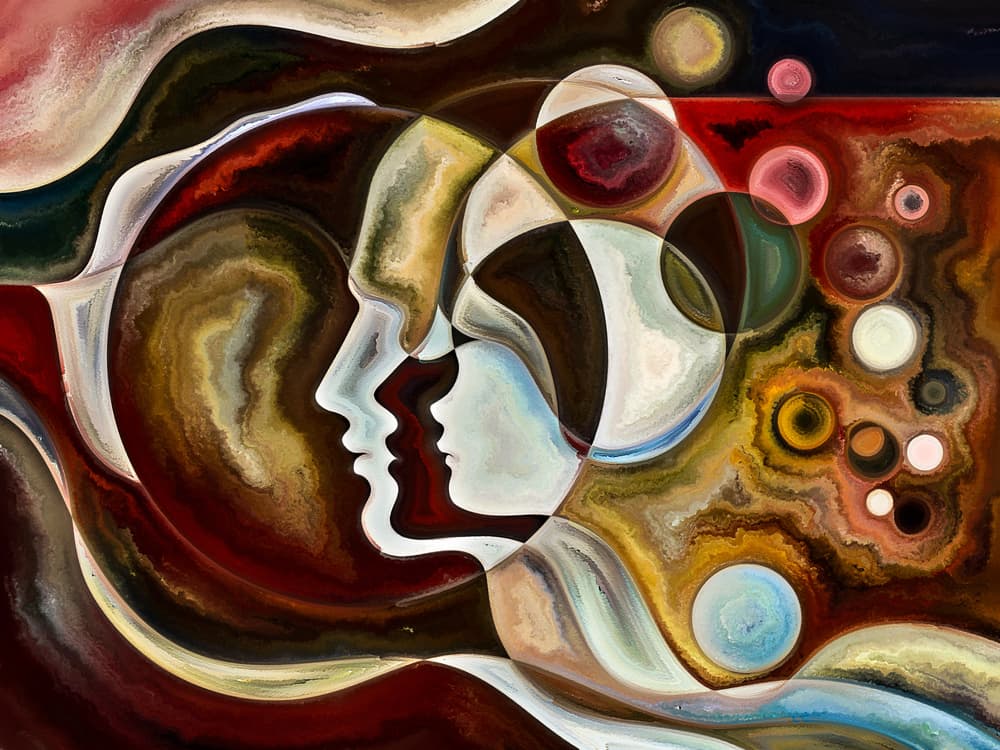
“Be who you are and say what you feel,
because those who mind don’t matter
and those who matter don’t mind.”
— Dr. Seuss
I welcome the opportunity to exchange perspectives and learn from other individuals. I especially become gleeful when this happens in response to one of my posts.
Dear friend, respected colleague, and author, Larry Ackerman — who has spent his career exploring and helping others to explore the meaning of Identity — offered his wisdom in response to my recent blog posting.
________________________________________________________________________________________________________________
Today, the question of identity has become a lightning rod for inclusion, exclusion, acceptance, rejection, and everything in between. It touches gender, race, politics, and religion among other categories we dip into to help define ourselves and discover where we best belong. In short, what we seek to discover is: Who is our tribe?
Identity has become front page news: Whether it’s gender identity in the trans community, ethnic identity for people whose sense of self revolves around their nationality or the color of their skin, political identity as in what it means to be a Democrat or Republican (or most recently, a MAGA supporter), or religious identity among those who define themselves as being born-again Christians, Orthodox Jews, or The Only True Muslims.
Taken together, our supposedly identity-centric lives are coalescing into potent, new communities differentiated by beliefs — both spoken and unspoken — that increasingly influence how well society functions, or doesn’t. This is the essence of identity politics.
You might ask yourself: Am I not a Jones, a Stern, a Tanaka, the child of a good family? Am I not American? Turkish? Indian? Am I not a successful Black female ballet dancer? A hard-working plumber? Is this not enough? If not, who am I, then?
You may be any combination of these things. And yet, while these categories might offer a comforting sense of affiliation with others, none of them helps clarify who you are at the core of your being; none of them defines your distinctive, value-creating characteristics that reveal the unique contribution you are capable of making in the world.
To know who you are — those special characteristics — is to know why you are here, and in turn, what to do, what not to do, and why. When you use your identity as a lens to inform the choices you make, you increase your odds of success, whether choosing what career to pursue, where to work, whom to love, or whom to call a friend.
The identity of one of my work colleagues, Patricia, revolves around how she thrives by inspiring renewal in others. The lens through which she lives her life and builds relationships is Inspiring Renewal. Eric, a former client, is driven to turn noise into music. As odd as that may sound, that is how he perceives the world, its problems, and its potential solutions. This approach has made Eric a very effective business consultant.
So, what’s the problem?
The problem with identity may come down to a matter of meaning. In popular terms, “identity” suggests the fact that we all long to belong. We yearn to hitch our wagon to a group, a community, a tribe we can call our own. And yet, belonging isn’t the deepest meaning of the word.
What I’ve come to understand is that your essential identity is blind to classifications — transcending gender, ethnicity, religion, and every other label we adopt as a way to locate ourselves in the world. You are simply you: unique and powerful in your own right. Having a clear sense of identity is the key to shaping a life marked by authenticity and integrity.
To conflate identity with the roles we play in our lives is to invite confusion, leading you to feel adrift, unmoored. With this in mind, it is vital to realize that your identity never changes; it is with you, always. But how you express it can change in many ways over time. In short, identity-based living allows you to change from a changeless foundation. Call it the identity paradox.
How can you help fix the identity problem?
It’s pretty simple. To quote the Irish poet and playwright, Oscar Wilde, “Be yourself. Everyone else is already taken.” His point? Be true to your core identity and don’t fake a different one to be more attractive to others.
Don’t let the pull of labels distract you from tapping into your innate identity as a framework for living. Everyone will benefit — your spouse, partner, children, friends, co-workers — but most of all, you.
Larry Ackerman
________________________________________________________________________________________________________________
Thank you, Larry. You can learn more about Identity by reading one of Larry’s books, which are linked below.
2025 is the year for me to embolden my core identity and be the person whose values guide me and whose contributions are clear. I feel the energy of this clarity and commitment. It cannot be denied.
What did this post stir up for you?
Leslie
This above all: to thine own self be true,
And it must follow, as the night the day,
Thou canst not then be false to any man.”
— William Shakespeare
Polonius, in “Hamlet”
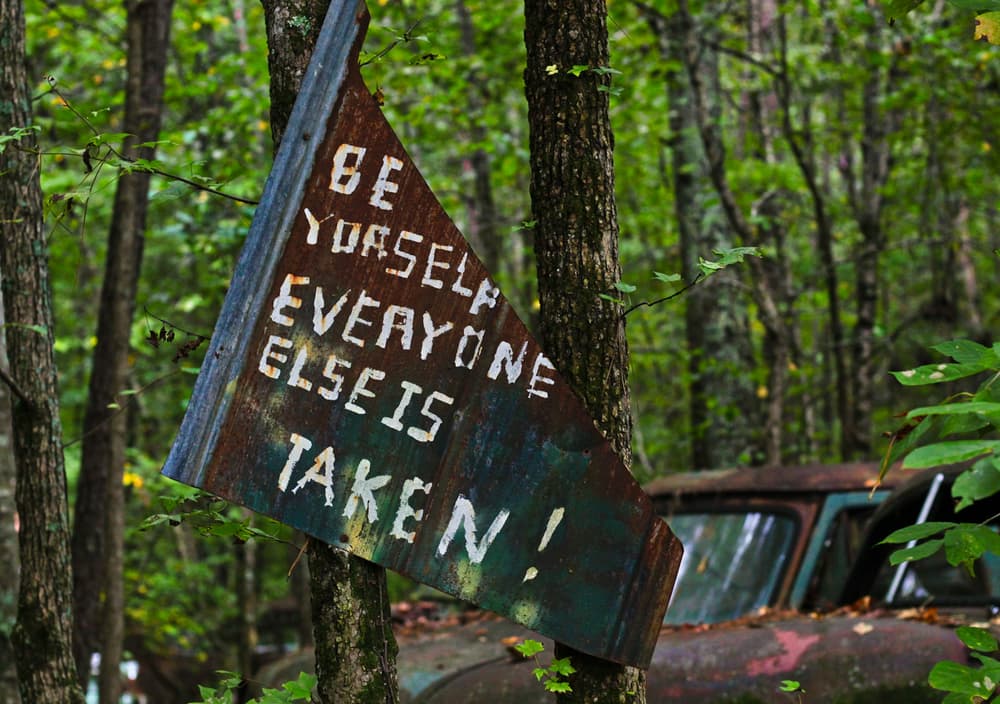
To purchase a book, click on its cover.

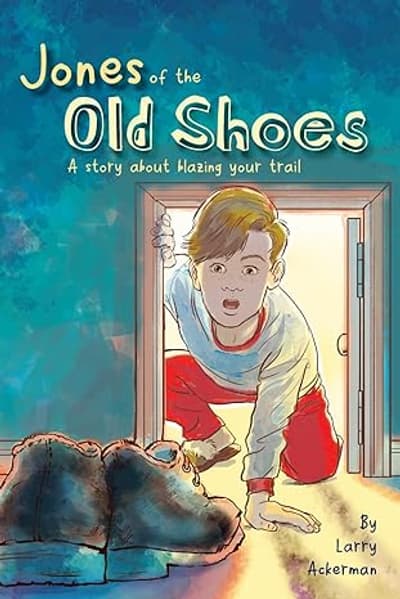
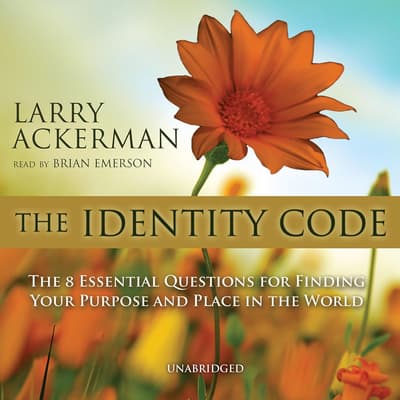
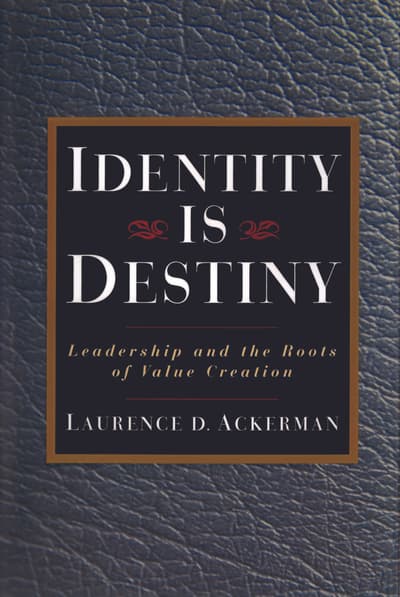
Recent Comments